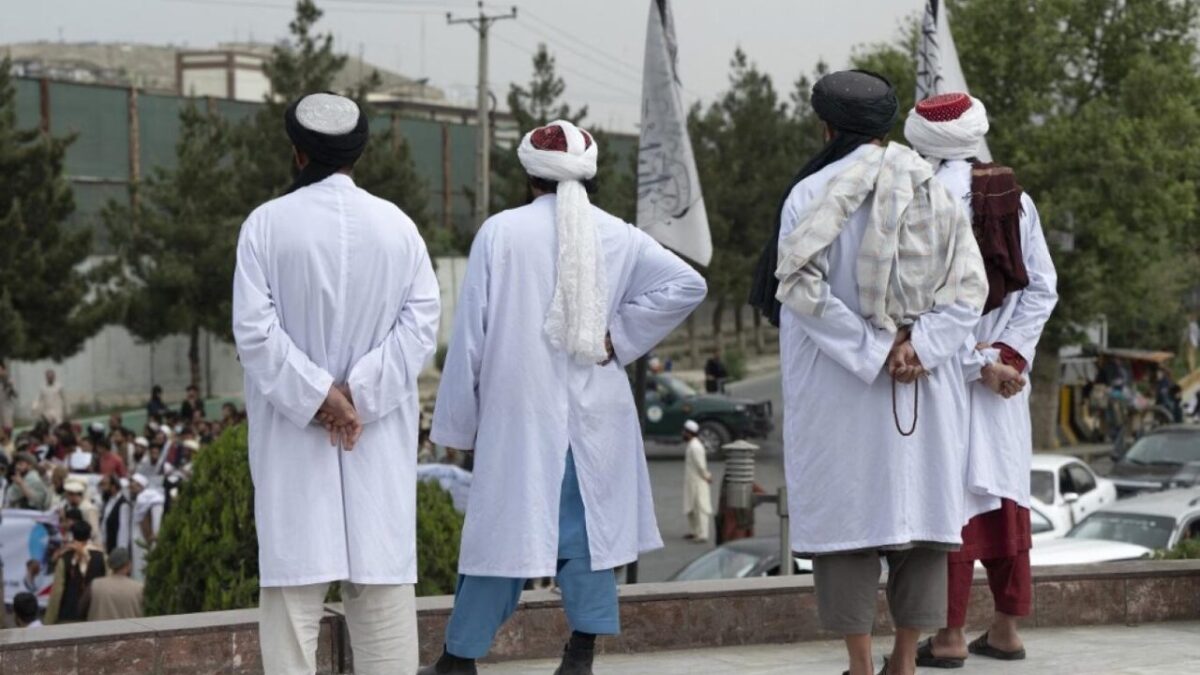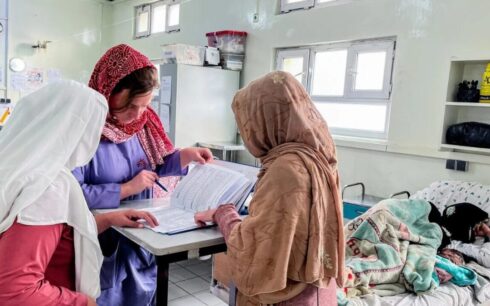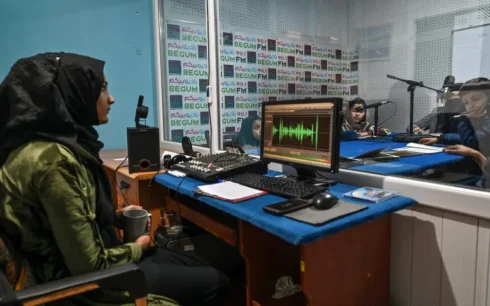The Taliban’s Ministry for the Promotion of Virtue and Prevention of Vice (PVPV) has arrested 44 people, including six women, in the past month across Afghanistan, according to data released by the ministry.
The arrests were made over allegations such as “moral corruption,” gambling, sorcery, illicit relationships, and other acts considered violations of Islamic law.
The crackdown, which affected 12 provinces, marks an intensification of the Taliban’s enforcement of their strict interpretation of Islamic principles, raising concerns among citizens and human rights advocates about increasing intrusions into personal freedoms.
A Widening Crackdown
The PVPV’s data show arrests spanning key provinces, including Kandahar, Paktia, Khost, Ghazni, Kabul, Parwan, and Nangarhar. Officials allege that those detained were involved in activities that violate the Taliban’s stringent social and religious codes.
The ministry also continues to enforce bans on broadcasting images of living beings, a measure first introduced earlier this year. This policy has been implemented across several provinces, such as Kandahar, Wardak, Takhar, Helmand, Badghis, and Nangarhar, as part of the Taliban’s broader effort to impose its interpretation of Islamic law on Afghan society.
Life Under the PVPV
Afghan citizens report increasing restrictions on their daily lives. “The Taliban’s enforcers ask us why we’re outside without a male guardian or why we’re dressed in a certain way,” said a Kabul resident. “The rules get stricter every day, and we can no longer leave home alone.”
Another resident described the impact of the PVPV’s rules: “They’ve taken away our freedom under the guise of enforcing the law. Our personal lives are constantly under scrutiny.”
Rights Advocates Raise Alarm
Human rights activists argue that the PVPV’s policies violate not only basic freedoms but also universal human rights standards. Over the past three years, the Taliban have systematically imposed some of the harshest restrictions in the world, particularly targeting women and girls.
Critics contend that the PVPV’s activities reflect an increasingly authoritarian approach, leaving Afghan citizens with little room for autonomy or dissent. As arrests mount and regulations tighten, the Taliban’s vision of governance continues to spark condemnation both inside and outside the country.





